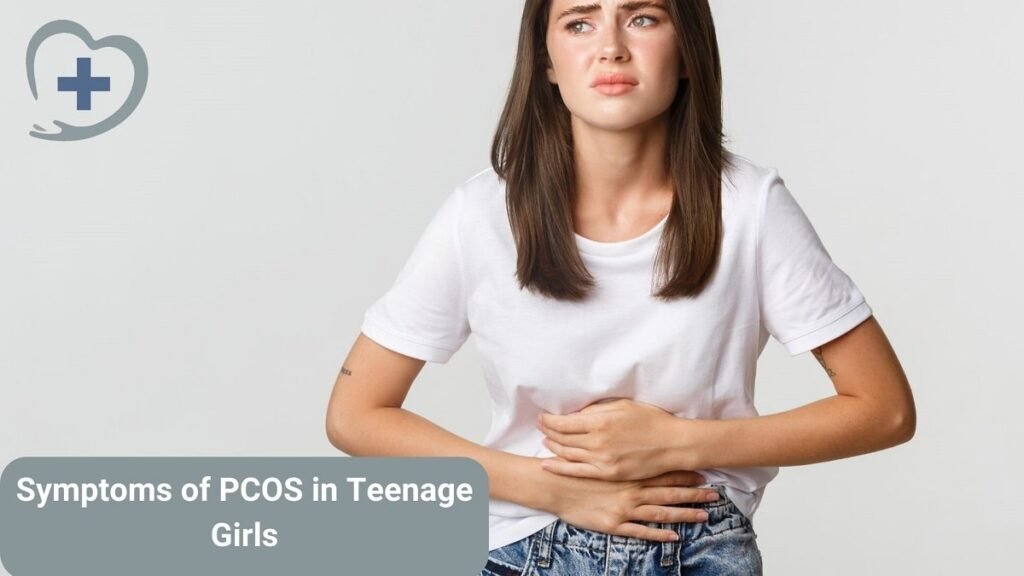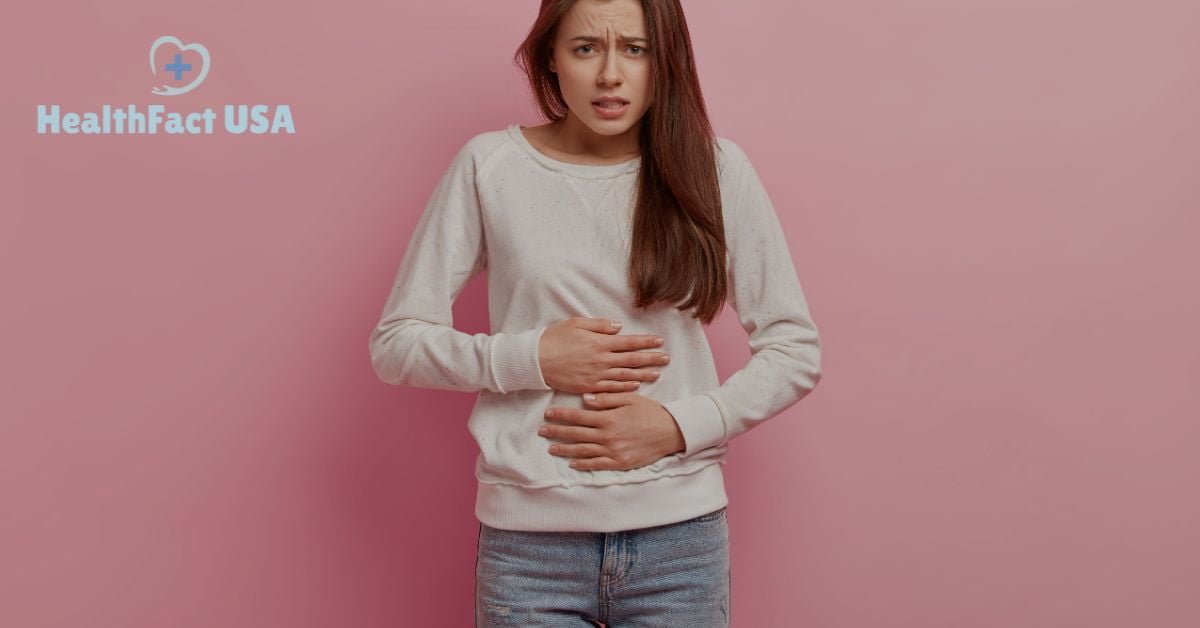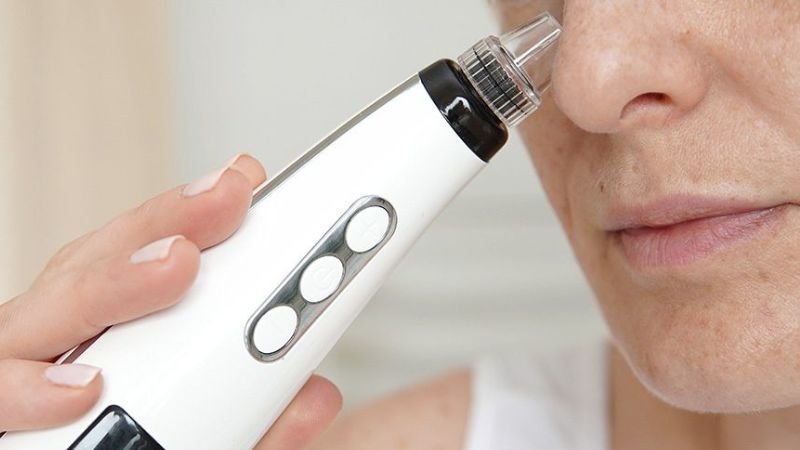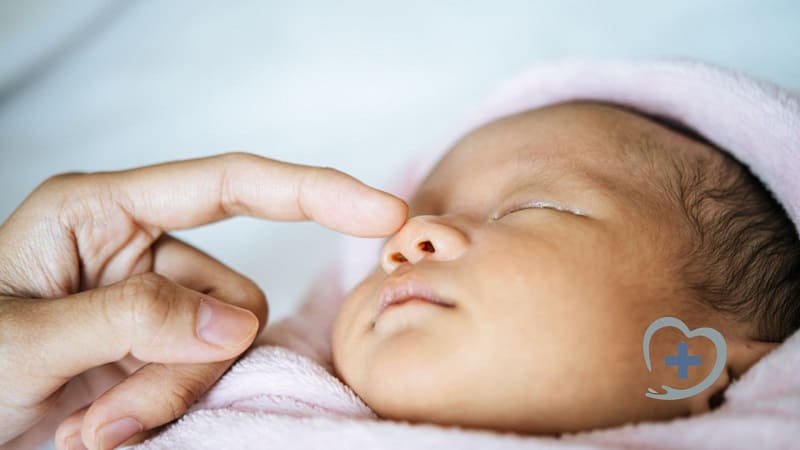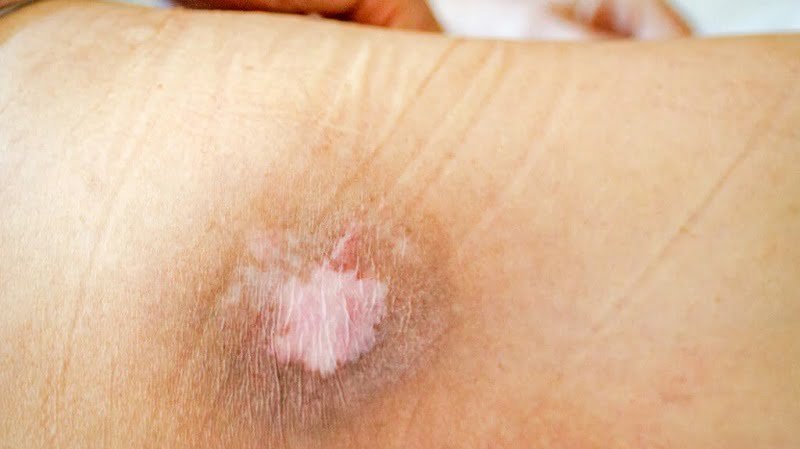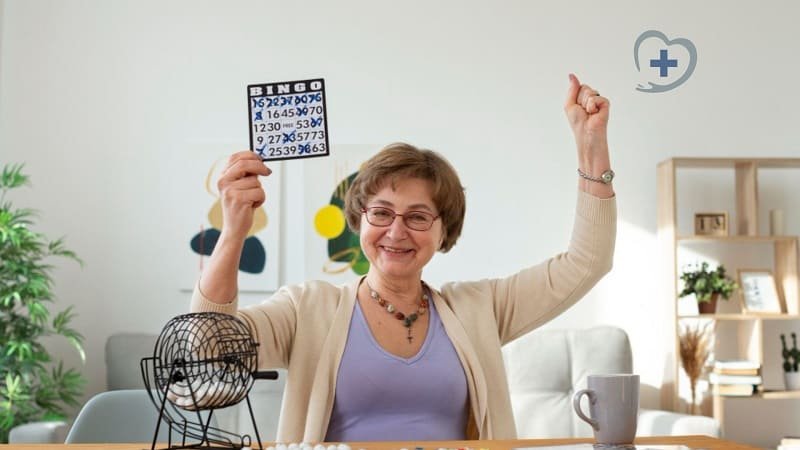Introduction
Polycystic Ovary Syndrome (PCOS) is a common hormonal disorder that affects millions of women around the world. While many associate PCOS with women in their reproductive years, it’s important to note that the symptoms can begin as early as the teenage years. Recognizing the “Symptoms of PCOS in teenage girls” can lead to earlier diagnosis and treatment, potentially alleviating many of the associated complications. In this article, we’ll delve deep into the signs and symptoms of PCOS in teens and offer guidance on when to seek medical advice.
What is PCOS?
Polycystic Ovary Syndrome (PCOS) is characterized by an imbalance of reproductive hormones. This imbalance can lead to problems in the ovaries, such as not releasing an egg regularly or not releasing an egg at all. While the exact cause of PCOS is unknown, factors like insulin resistance and inflammation are believed to play a role.
Symptoms of PCOS in Teenage Girls
Irregular Periods: One of the most common symptoms of PCOS in teenage girls is irregular periods. This can mean periods that come too frequently, not often enough, or not at all.
Heavy Bleeding: When a teen with PCOS does get her period, it might be heavier than usual.
Excess Hair Growth (Hirsutism): Many teenage girls with PCOS experience growth of excess hair on the face, back, chest, or arms due to elevated androgen levels.
Acne and Oily Skin: Hormonal imbalances can result in severe acne or oily skin.
Weight Gain: Some teenage girls with PCOS might gain weight or have difficulty losing weight.
Darkening of the Skin: Dark patches of skin, especially around the neck, groin, and under the breasts, can be a sign of PCOS.
Hair Thinning: While some girls might experience excess hair growth in unwanted areas, they may also experience thinning of the hair on their head.
Mood Swings: Hormonal fluctuations can lead to mood changes, including depression and anxiety.
Fatigue: Many teens with PCOS report feeling excessively tired.
Pelvic Pain: Some girls experience pelvic pain, which can be sharp or a dull ache.
Possible Treatments for Symptoms of PCOS in Teenage Girls
Polycystic Ovary Syndrome (PCOS) can present a range of symptoms, and while there is no cure, various treatments can help manage and alleviate these symptoms. The specific treatment often depends on the individual’s symptoms and whether they are trying to conceive. Here, we explore the possible treatments for symptoms of PCOS in teenage girls.
1. Lifestyle Changes
Dietary Modifications: Adopting a balanced diet rich in whole grains, lean proteins, and vegetables can help manage weight and regulate blood sugar. Low-glycemic index foods might be particularly beneficial.
Exercise: Regular physical activity can help reduce PCOS symptoms by improving insulin sensitivity and promoting weight loss.
Weight Management: Even a small reduction in weight can help regulate menstrual cycles and reduce symptoms.
2. Medications
Birth Control Pills: These can help regulate menstrual cycles, reduce male hormone levels, and clear acne.
Metformin: Originally a drug for type 2 diabetes, metformin can improve insulin resistance and regulate menstrual cycles.
Anti-androgens: These can reduce excessive hair growth and acne. Spironolactone is a commonly prescribed anti-androgen.
Progestin Therapy: Taking progestin for 10-14 days every one to two months can regulate periods and protect against endometrial cancer. It doesn’t prevent pregnancy or treat all PCOS symptoms.
3. Cosmetic Procedures
- Hair Removal Treatments: Laser hair removal and electrolysis can help with hirsutism or excessive hair growth.
4. Surgery
- Ovarian Drilling: This is a procedure where a surgeon makes tiny punctures in the ovary with a small needle carrying an electric current. This can induce ovulation by reducing male hormone levels. However, it’s not a first-line treatment and is typically considered when other treatments fail.
5. Mental Health Support
- Counseling and Therapy: PCOS can take a toll on mental health, leading to issues like depression, anxiety, and low self-esteem. Counseling or therapy can offer emotional support and coping strategies.
6. Alternative Therapies
Acupuncture: Some studies suggest that acupuncture might help with PCOS, although more research is needed.
Supplements: Inositol, a vitamin-like substance, might help with insulin resistance and fertility. Always consult with a doctor before starting any supplements.
7. Fertility Treatments
For those looking to conceive later in life:
Clomiphene: An ovulation-inducing medication.
In Vitro Fertilization (IVF): In cases where other treatments don’t work.
Risk Factors Related to Symptoms of PCOS in Teenage Girls
Polycystic Ovary Syndrome (PCOS) is a common hormonal disorder affecting many women around the world. While the exact cause of PCOS remains uncertain, several risk factors have been associated with its onset, especially in teenage girls. Recognizing these risk factors can aid in early detection and management of the condition.
1. Family History:
A strong predictor of PCOS is having a mother or sister with the condition. Genetics seem to play a significant role, as those with a family history are at a higher risk of developing PCOS.
2. Obesity:
Excess weight, particularly around the waist, has been linked to PCOS. Obesity can exacerbate many of the symptoms of PCOS, such as menstrual irregularity and skin issues.
3. Insulin Resistance:
Many teenage girls with PCOS have insulin resistance, where the body’s cells don’t respond as well to insulin. As a result, higher levels of insulin are produced, which may boost androgen production, leading to PCOS symptoms.
4. High Androgen Levels:
Elevated levels of male hormones (androgens) can result in physical signs like excess facial and body hair (hirsutism), severe acne, and male-pattern baldness.
5. Low-grade Inflammation:
Some research suggests that girls with PCOS might have low-grade inflammation, which can cause insulin resistance and higher androgen levels.
6. Unhealthy Diet and Lack of Physical Activity:
High intake of processed foods, sugars, and lack of regular exercise can contribute to insulin resistance and weight gain, both of which are associated with PCOS.
7. Premature Adrenarche:
Girls who show signs of puberty earlier than usual, like the growth of pubic and underarm hair, might have an increased risk of developing PCOS later in their teenage years.
8. Exposure to Endocrine-disrupting Chemicals:
Preliminary research suggests that exposure to certain chemicals, like BPA found in some plastics, might be linked to the development of PCOS.
9. Stress:
Chronic stress can lead to hormonal imbalances, which might play a role in exacerbating PCOS symptoms.
FAQs about Symptoms and Treatments of PCOS in Teenage Girls
-
1. When can symptoms of PCOS start appearing?
While PCOS is often diagnosed in women during their reproductive years, symptoms can start as early as the teenage years.
-
2. What are the common symptoms of PCOS in teenage girls?
Some of the common symptoms include irregular periods, heavy bleeding, excess hair growth, acne, weight gain, darkening of the skin, hair thinning, mood swings, fatigue, and pelvic pain.
-
3. Are there any lifestyle changes that can help manage PCOS symptoms?
Yes, adopting a balanced diet, regular exercise, and weight management can help manage and even alleviate some PCOS symptoms.
-
4. Can medications treat PCOS?
While there's no cure for PCOS, certain medications, like birth control pills, metformin, and anti-androgens, can help manage its symptoms.
-
5. While there's no cure for PCOS, certain medications, like birth control pills, metformin, and anti-androgens, can help manage its symptoms.
While there's no cure for PCOS, certain medications, like birth control pills, metformin, and anti-androgens, can help manage its symptoms.
-
6. Can PCOS affect mental health?
Yes, PCOS can lead to issues like depression, anxiety, and low self-esteem. Counseling or therapy can offer emotional support and coping strategies.
-
7. Is there a cure for PCOS?
Currently, there is no cure for PCOS. However, its symptoms can be managed with various treatments and lifestyle changes.
-
8. Are alternative therapies effective for PCOS?
Some alternative therapies, like acupuncture and certain supplements, may offer relief, but more research is needed. Always consult with a healthcare professional before trying any alternative treatments.
-
9. If a teenage girl has PCOS, will she have fertility issues later in life?
PCOS can affect fertility, but it doesn't mean every individual with PCOS will have fertility issues. Many treatments can assist with conception, such as Clomiphene or IVF.
Conclusion
Understanding the risk factors associated with PCOS can help in its early detection and management. If a teenage girl has multiple risk factors, it’s crucial to monitor for symptoms and seek medical advice if any arise. While having risk factors doesn’t guarantee the development of PCOS, being informed and proactive can lead to better health outcomes.
Always consult with a healthcare professional when assessing risk or seeking a diagnosis for medical conditions. This article is for informational purposes only and is not a substitute for professional medical advice.

